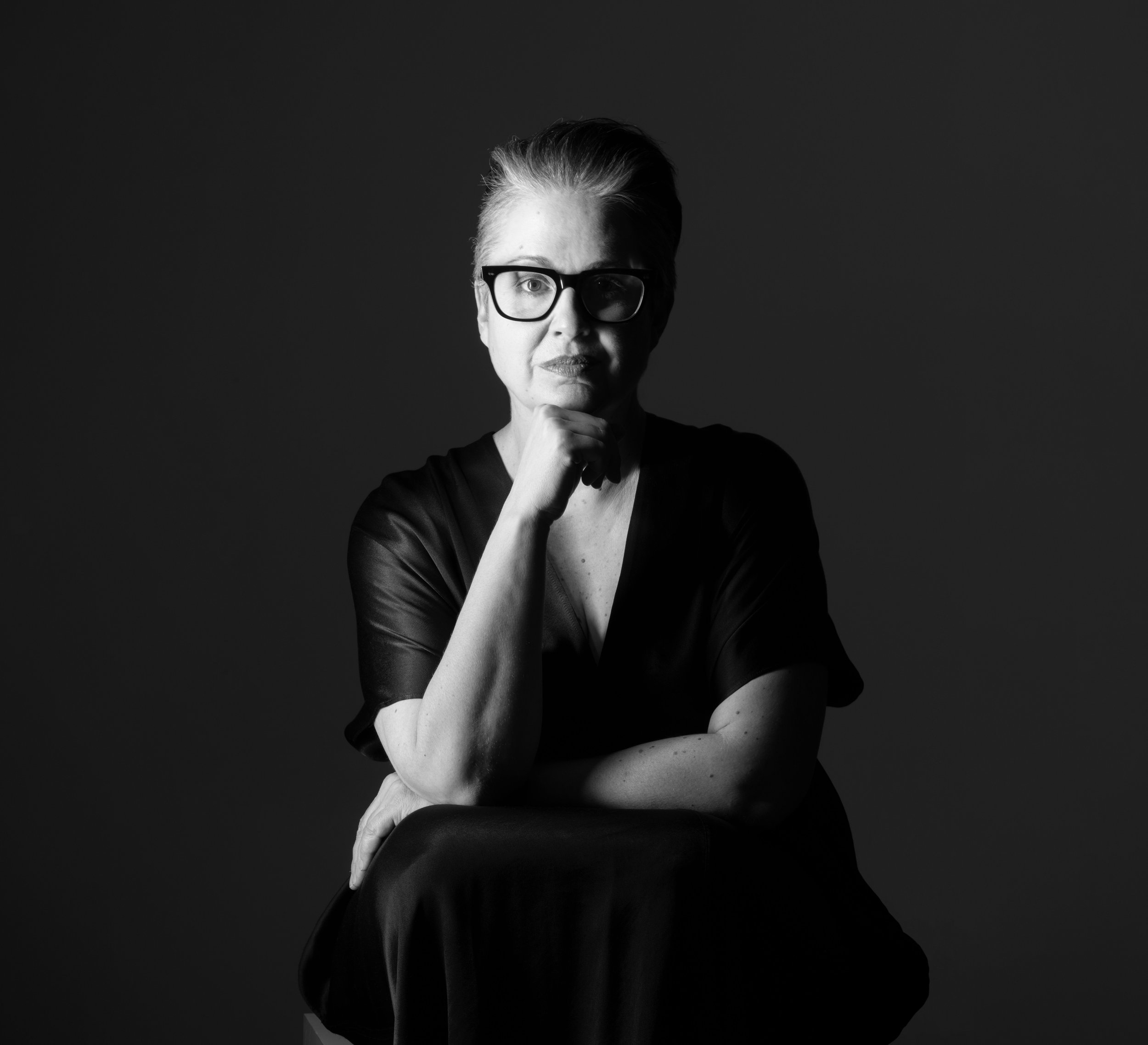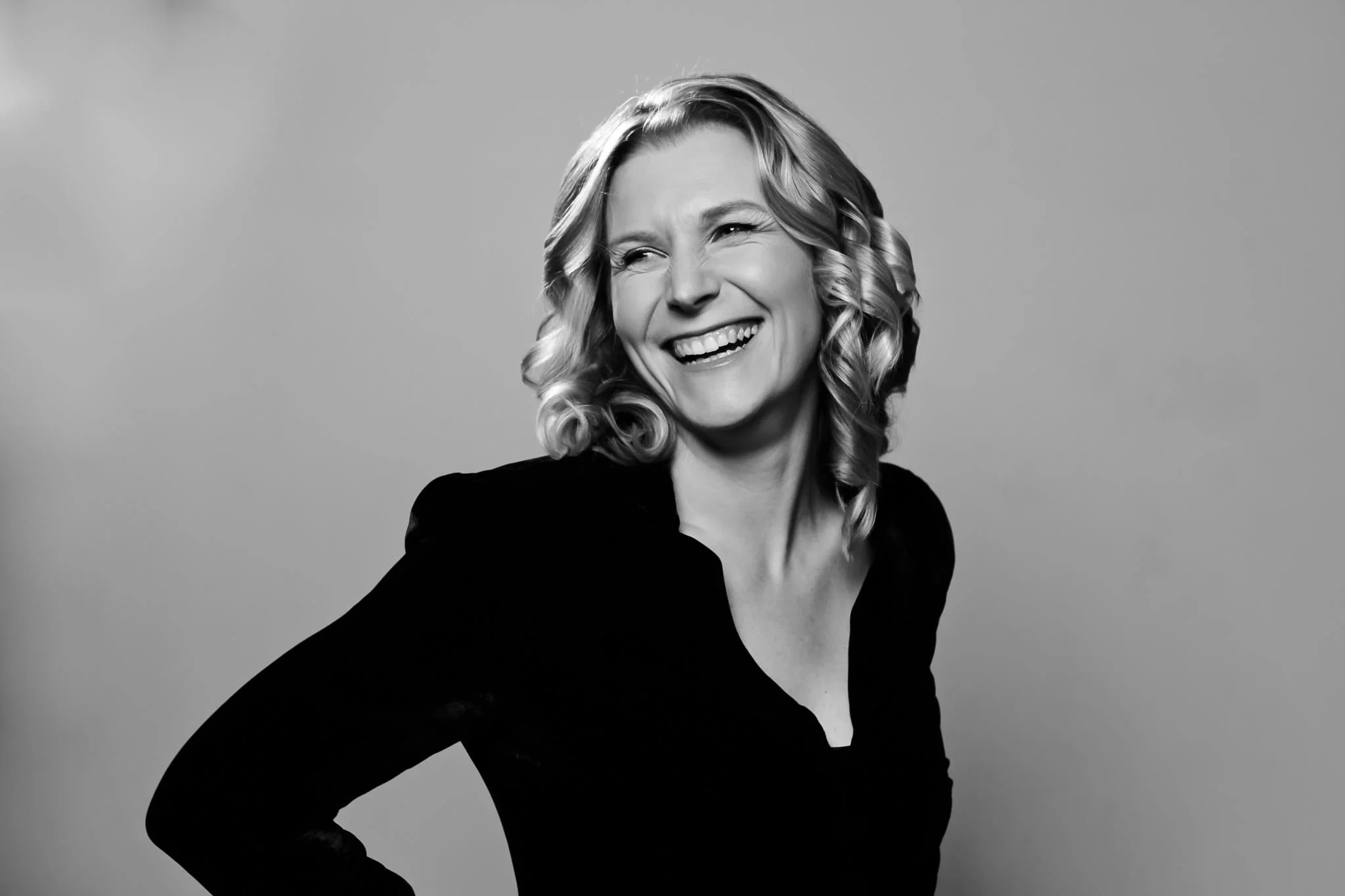Victoria Kelly’s Requiem: stretching time
Auckland composer Victoria Kelly is preparing for the premiere of her Requiem in the Auckland Arts Festival
Photo credit: Garth Badger
Victoria Kelly’s first thoughts about writing a requiem came when her father died suddenly during the final year of her bachelor's degree in music performance on the oboe. Kelly was 20 and it was just a few months before her final recital. Her musical life changed direction.
"In the months of shock and disbelief after my father’ death I realized I didn't want to play the oboe,” she says. “I abandoned my performance degree and made a very strong decision to pursue composition. I've always felt like a composer, actually. The first thing I did musically as a kid was make up melodies."
She knew that one day she would write music to express her feelings about that profound loss and the death of a teenage friend a few years earlier. Meanwhile, some doors were opening on to her composing future.
“A film director phoned the [University of Auckland] Music School, asking ‘Do you have a student who’s interested in writing for film?’. They mentioned my name and I wrote the music for her five minute film - and caught the bug!”
In 1996 that bug took Kelly to the United States to study film composition at the University of Southern California. Her teachers included Elmer Bernstein, Leonard Rosenman and Christopher Young. She’s since amassed a long list of film and television soundtrack credits and has acted as an arranger and orchestrator for the likes of Neil Finn, Tami Neilson, Don McGlashan, Anika Moa, and Shapeshifter. In 2011 Kelly was musical director for the Rugby World Cup opening ceremony, a huge multi-media event at Auckland’s Eden Park.
“I’ve always been serious – and curious – about every kind of music,” she tells me. “But after a lifetime of exploring all kinds of musical landscapes with all kinds of artistic people, I’ve finally returned to myself. And gone back to my first love which is classical contemporary composing. I’ve taken everything I’ve learned into that space and found a new language for myself.”
The idea of composing a requiem stayed alive. Her mother became ill, dying when Kelly was 30. She began contacting the poets whose words she has set in Requiem, asking permission to use their work. “It took form in my mind as a non-religious work, based on literature rather than sacred text, with some hint of the Latin text to honour tradition
Requiem has five parts, setting four poems by revered New Zealand poets and one by a younger writer, Chloe Honum, who grew up in Auckland and is now living in Texas.
The first part is based on Bill Manhire’s The Prayer. “It feels like nature and wonder,” Kelly tells me. “Musically, I imagine a garden after rain, drops of water everywhere, rhythms of light pulsing through trees. That’s the sonic world the poem inhabits, and the singer is there, amazed by it.”
Her setting of Sam Hunt’s poem, Requiem, made an impact with a single release last year. It’s the second part of the full work, and Kelly imagines the singer as “one human being in a universe of stars, understanding his infinite cycling journey as a mortal creature.”
The singer is tenor Simon O’Neill, and, in a remarkable compositional choice, she uses his big operatic voice in fragile, ethereal falsetto. Asked to explain, she laughs. “As a heldentenor,” she says, “he represents the ultimate form of western music masculinity. Yet all of us are made small by our mortality. It was symbolic to ask him to be vulnerable and small. He’s an incredible singer; it sounds beautiful. It was a big thing to ask. Simon’s willingness to go there is part of what’s lovely about it.”
Tenor Simon O’Neill
Victoria Kelly uses his big operatic voice in fragile, ethereal falsetto.
Photo credit: Albert Comper Phtography
The centre of the Requiem is Where Sea Meets Sky, setting lines from Ian Wedde’s poem Those Others. Kelly says it represents longing for people you’ve lost. “There’s a great silence in the middle, the point at which the sea doesn’t meet the sky.”
In the fourth part she sets Honum’s poem Bright Death for soprano with passionate chorus. “It’s about grief and rage,” says Kelly, “that disbelief when you first lose something”. Honum’s mother died by suicide when the poet was 15. Honum is Kelly’s cousin and Bright Death provides for Kelly a “kind of anchor” in the Requiem, “a poet known to me, and a death known to me”.
Setting James K Baxter’s High Country Weather for the fifth and final movement, Kelly personified mountains into her dying mother. “Her body inhaling, exhaling and finally stopping. That idea of letting go of things we love, of surrender.” The soprano soars above the spacious grandeur of orchestra and chorus - “Alone we are born, and die alone” – ending the Requiem with the repeated word “surrender” in an atmosphere of profound peace.
Soprano Jayne Tankersley
… soprano soloist in Requiem
Photo credit: Philip Griffin
Much of the reverent composition has a high tessitura, floating orchestral colours above sustained lower pitches. “I think of the whole piece as tidal, rising and falling,” says Kelly. “Inevitable, yet utterly flexible, with a sense of timelessness. I’ve tried to stretch time.”
Kelly, who celebrated her 50th birthday in January, is a highly individual and mercurial person, quirky, often funny, while eloquent and deeply serious about her creative work. Aged eight, she became captivated by the singer Prince, the ultimate lifelong fangirl, and he’s influenced her life and work. “I find,” she says, “his insistence on being himself as a creator incredibly inspiring. And musically, his sense of harmony – he never did what’s expected.” Has she acknowledged Prince’s death in her Requiem? “I have,” she says delightedly, “with a tiny little musical quote, very abstracted, not that easy to spot - and I’ll never tell.”
Requiem by Victoria Kelly, Auckland Philharmonia Orchestra, Simon O’Neill (tenor), Jayne Tankersley (soprano) Auckland Philharmonia Orchestra, Auckland Arts Festival, March 11, 2023
This article was first published in the NZ Listener, issue March 4, 2023



